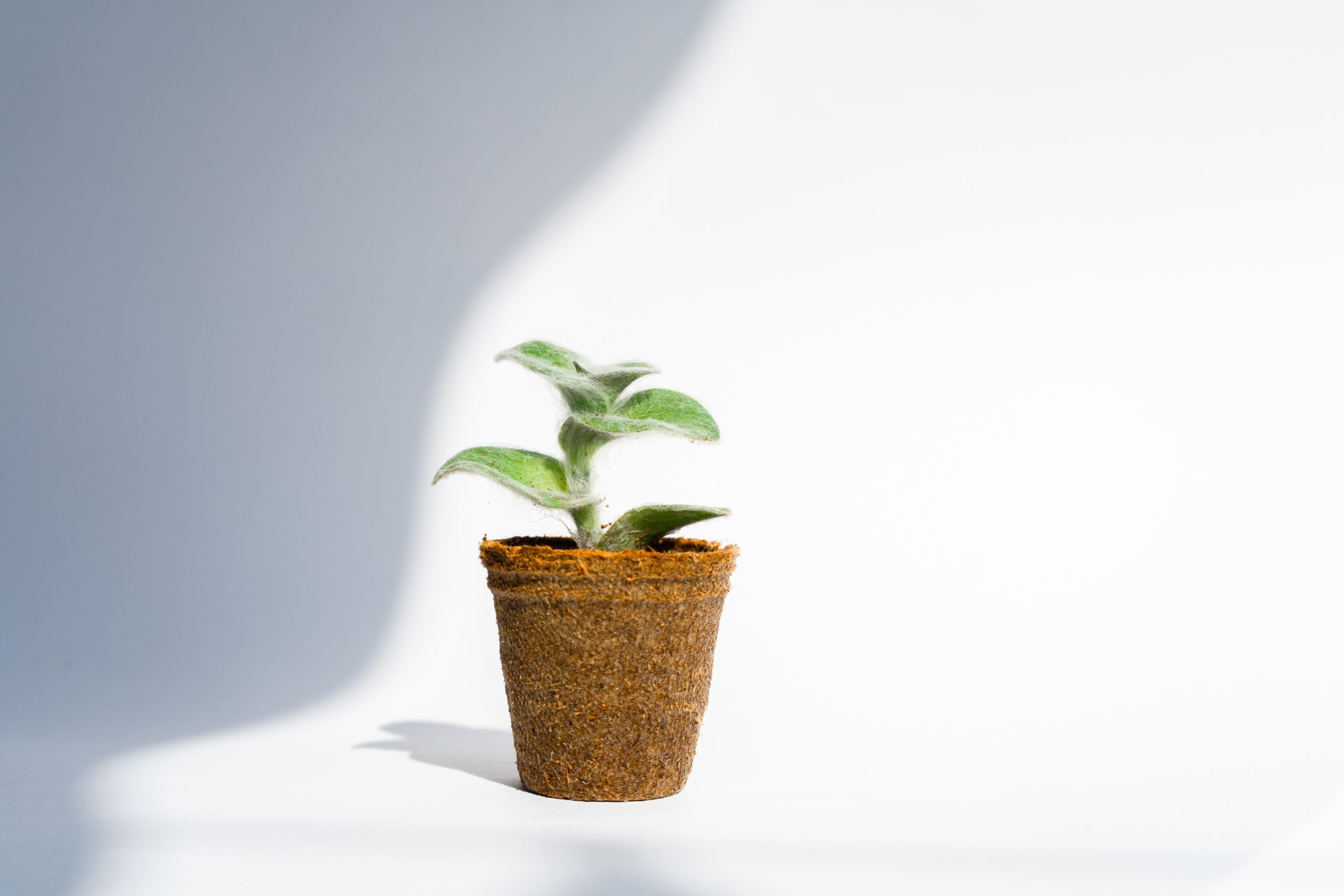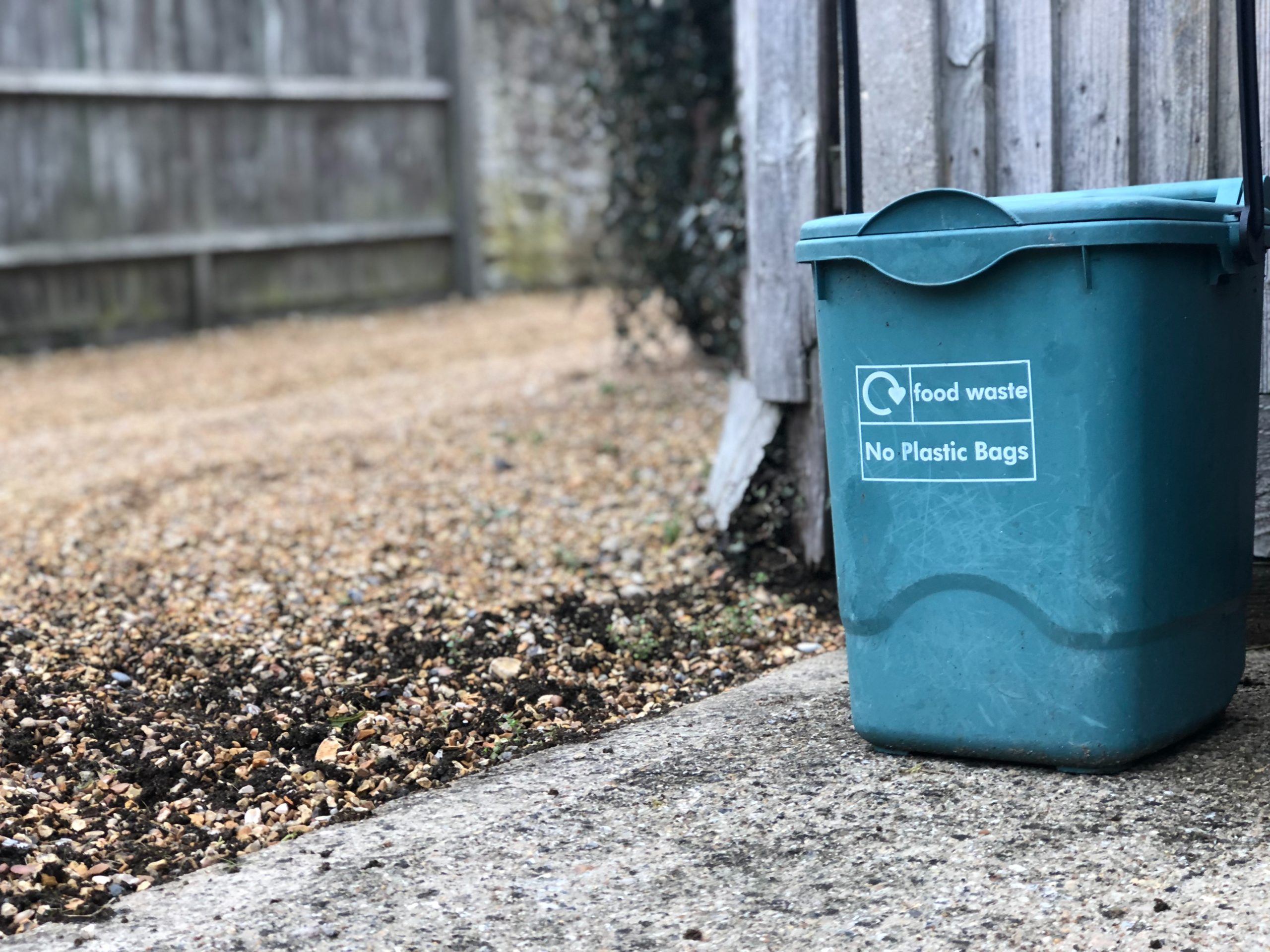Degradable, Biodegradable, Compostable – what’s the difference?
The terms degradable, biodegradable, and compostable are used on packaging and sometimes thrown around in conversation as if they’re interchangeable, but they’re definitely not. If you’re interested in buying the products that are least harmful to the environment, understanding these terms is critical.
Spoiler: only one of these terms indicates a product will degrade without leaving behind harmful micro plastics.
What is degradable?
The ability to be broken into a more simple chemical structure over time
Sounds great, right? Well, actually, nearly everything is degradable when there’s no set time limit, and the resulting simpler structure may still be harmful to the environment. Garbage bags labeled “degradable” may be made from a thinner material to aid breakdown, but they will still release micro plastics into the environment as they disintegrate.
You may have seen a second degradable variation “oxo degradable” which is equally bad for the planet. These plastics will break into smaller pieces more quickly but will never lose their chemical structure, meaning those micro plastics will frequently end up in water systems, making their way up the food chain.
What is biodegradable?
The ability to be broken down and decomposed by living organisms (bacteria, plants, and animals)
This term sounds better. Biodegradable is still an umbrella term, and most products, if given enough time, would biodegrade. Unfortunately, “bio” refers to the organisms breaking the item down, not the item itself breaking down. There frequently remains plenty of harmful residue (such as microplastics or metals).
What is compostable?
The ability to disintegrate into natural components in a certain environment, with no remaining toxicity
Now we’re talking! Certified compostable products are made from natural ingredients (think sugarcane or corn pulp) with NO added plastics or other harmful chemicals. There is an established breakdown time limit as well, usually 90 days.
The only drawback of compostable products is that they sometimes need more specific conditions to break down than just throwing them under a pile of dirt in your backyard. Compostable plastics, for example, will degrade much more quickly by a professional process, with specific heat and pressure levels.
The terms degradable, biodegradable, and compostable are a little misleading, but now you know! You’re ready to visit your favorite grocery store to find certified compostable products.
Next step…composting. For assistance, visit your city government’s sustainability office website. If your city government doesn’t have a sustainability office, here’s Nashville’s to get you started.



